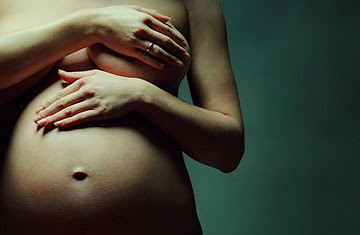A Miscarriage - If your Pregnancy goes Wrong
About 10 to 20 percent of detected pregnancies end in miscarriage. Most miscarriages occur in the first 12 weeks of pregnancy.A miscarriage often starts with bleeding, cramps, abdominal and / or back pain. These symptoms are similar to menstrual complaints. Now this does not necessarily mean that you have a miscarriage, it would also be an implantation bleeding can be.
In half of the cases of vaginal bleeding in the first trimester, there is a miscarriage.
What to do when Blood Loss?
If you have bleeding, it is best to call your midwife or your GP. Probably you can wait. If you have implantation bleeding, it will be less blood loss or rapid stop completely. If bleeding and cramps severe, there are chances of chances of miscarriage. To determine whether you have a miscarriage or not or whether the whole fruit of your womb has come, it is best to loss blood with cope. For example, a colander. The midwife will evaluate whether the miscarriage is complete or not.Curettage
If miscarriage is completed, menstrual cycle will start again automatically. It can also prevent a miscarriage is incomplete and that the bleeding does not stop.Curettage is a minor procedure, in which the uterus through the vagina and the cervix is cleaned. After curettage, the bleeding stopped within few days.
In most cases, women with a history of miscarriage, physical quickly restored. The emotional & mental recovery may take longer. It is important to take the time to recover from process of a miscarriage. Talk about it with your partner in detail.
Incoming Searching Terms and Tags:
- pregnancy miscarriage prevention
- miscarriage prevention diet
- miscarriage prevention medication
- miscarriage pregnancy test











